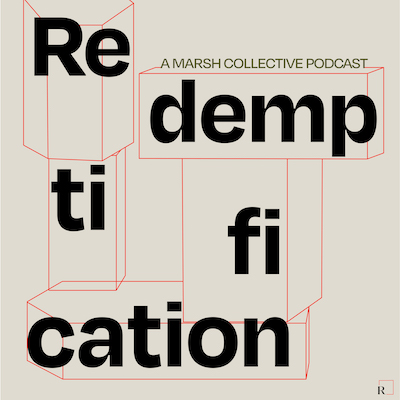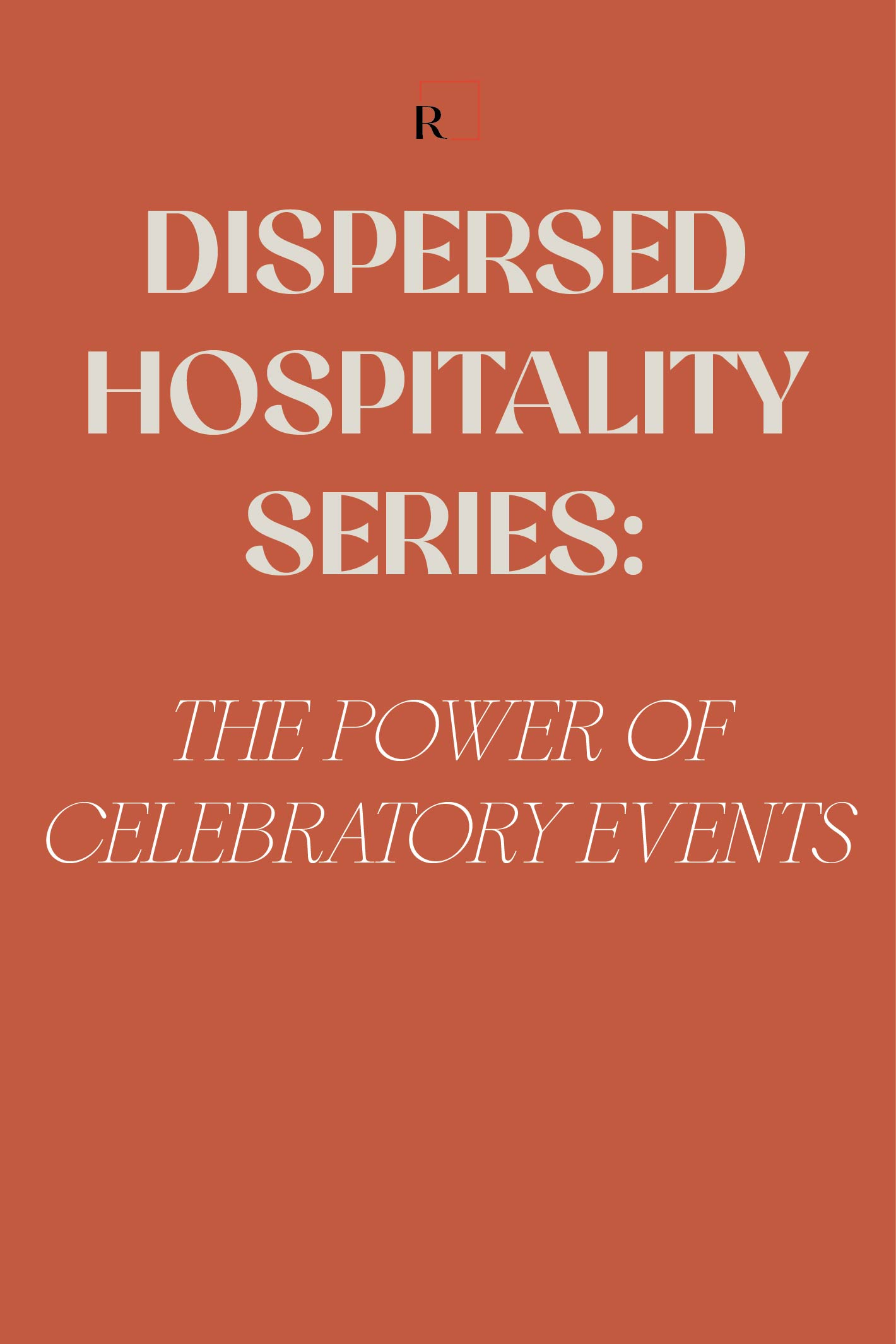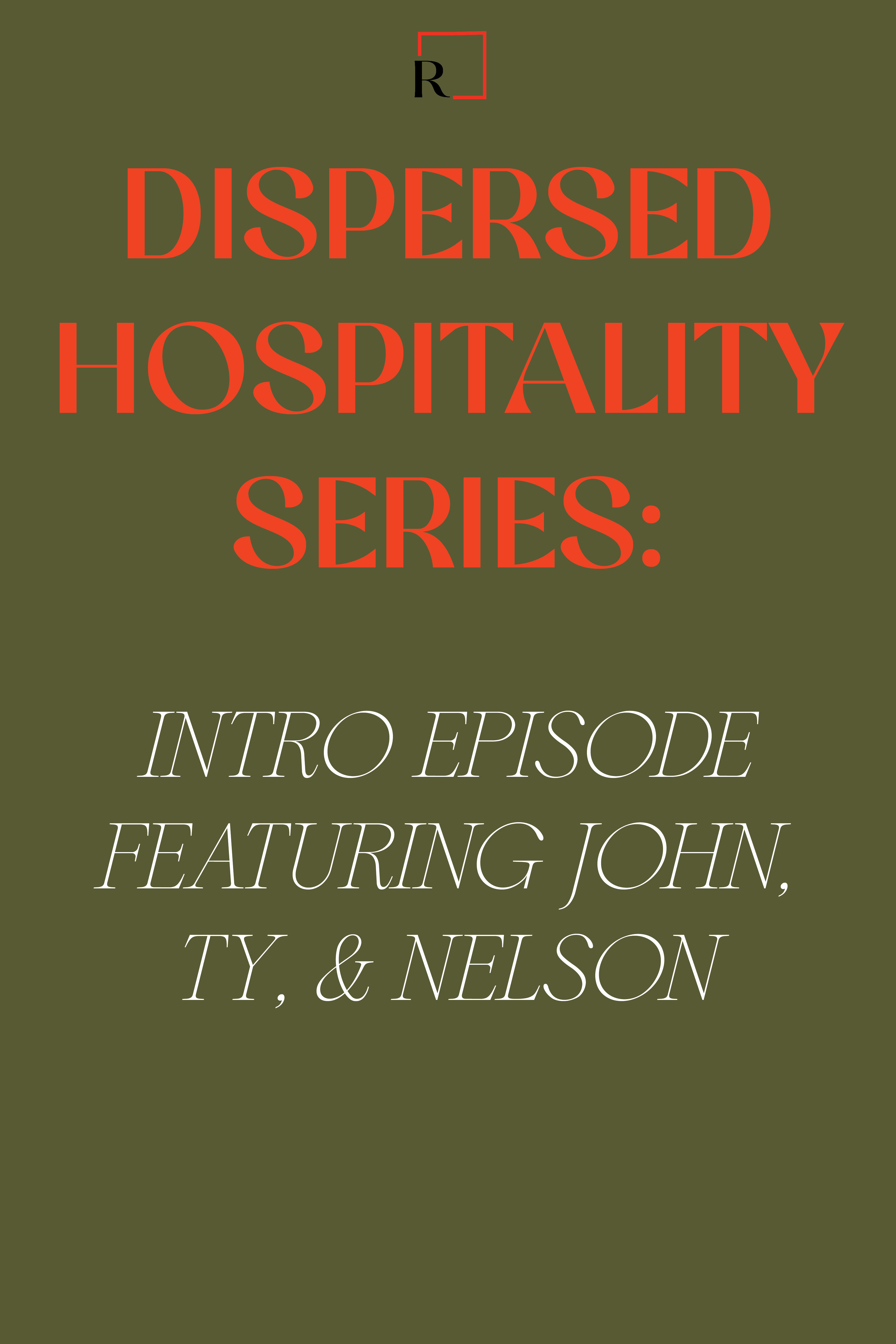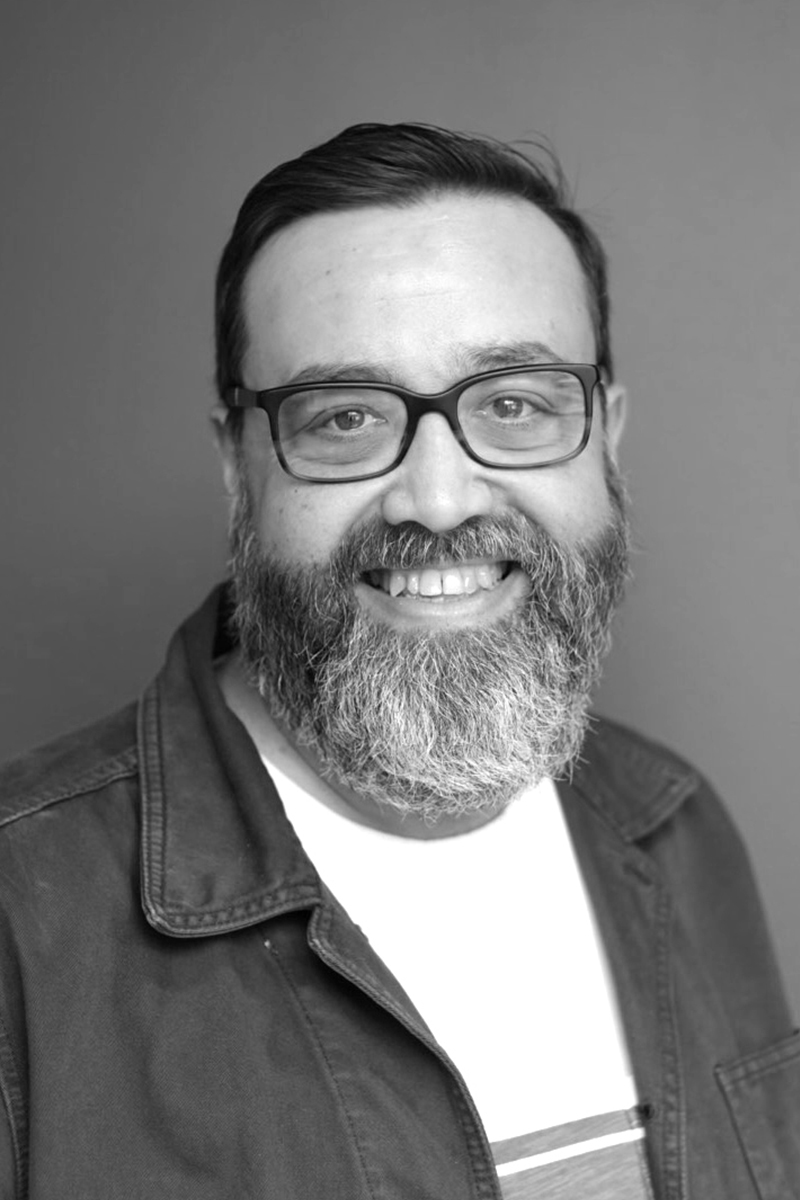Here; How where we are impacts who we are with special guest Ryan Fredrick
It’s a deep cut today in the studio. John sits down with author and advocate of human flourishing, Ryan Frederick, to talk about how the places we choose to inhabit affect who we become. Together, they wrestle with the challenges of lifestyle in a changing economic landscape, and the future of communities. Grab a cup of coffee and cozy in for one of the best conversations we have ever had.
Insights & Inspirations
- Ryan Frederick (01:59): I studied engineering to avoid reading and writing.
- Ryan Frederick (04:29): I see place as this huge thing that impacts our lives in profound ways, yet it’s often hidden in plain sight.
- Ryan Frederick (06:56): Just go immerse yourself among people with an open mind.
- Ryan Frederick (07:11): I think there’s some level of ageism that we all face, like, oh, it’s the old people. And the truth is, as we age, yeah, we change in different ways. Your future self is different from your present self, but everyone has stories to tell. Everyone has stories that are worth telling.
- Ryan Frederick (08:26): Research indicates self-reported wellbeing where people say, where they personally are happiest. You have a certain level in your twenties, and then you go through somewhat of a precipitous decline into your mid forties and early fifties. And the latter is, yeah, late forties, early fifties. I like to think it has something to do with having teenage kids in the house and then it starts to climb up. And in your seventies and eighties in the US, you’re happier than you’ve ever been. And so I think there is, and it’s actually a global phenomenon as you saved happiness curve. The timing of it and the grading of the curves vary a little bit by country, but the story’s the same.
- John Marsh (11:11): there’s wisdom all around us. But if we look at it only when it comes to wealth or success, I think we’re looking in a very narrow lens.
- Ryan Frederick (12:27): from a physical perspective, we often think about place just as our four walls, oh, this is my home, these four walls that I have. But place is a lot more than that. It is your four walls, but it’s also the block that you live in. It’s the neighborhood you’re part of, it’s the metropolitan area that you’re part of. Are you in an urban, suburban, rural place that has an influence? What state, what region of the country, what country, what region of the world, what world? Even our lived experience is a composite of all of those things.
- Ryan Frederick (19:50): we are not defining place. Place is defining us. And that matters at every chapter in life
- Ryan Frederick (22:13): I feel as though we’re in this moment where in broad strokes we’re wealthier than we’ve ever been, yet there’s this malaise, this level of discontent, the sense that something’s not right in our society. And I think place can be one of those things that can draw us together
- Ryan Frederick (24:17): Wendell Berry has done some great, great work because I think he’s one of the first to highlight this sticker versus boomer tension.
- Ryan Frederick (28:31): You can’t go through every door. So you pick your doors
- Ryan Frederick (30:17): Developers are investors too. They’re investors of their capital, they’re investors of their time.
- Ryan Frederick (30:54): as a society, we have been undermining the impact that place-based investments have on the health and wellbeing of our communities.
- Ryan Frederick (34:57): if you’re not investing in, if you’re not rubbing shoulders with, you’re not going to be able to develop these different friendships.
- Ryan Frederick (36:34): my thesis in part, John, is that technology is going to pull us more and more apart from each other, that as artificial intelligence, as virtual reality, as augmented reality play greater roles in our lives, that there is going to be this tantalizing source of entertainment and ultimately it’s an alluring, but ultimately a weak substitute for the messiness of real human relationships and interaction.
- Ryan Frederick (41:19): it is like playing Jenga and it’s made more complicated because particularly in the generation we live today, most families have some level of a diaspora where they’re just spread all over the place. And how do you, at these different stages in life, how do you share life together when it’s not as easy as just sharing every Sunday night meal
- Ryan Frederick (46:29): what we found is people liked perspectives from different parts of the country, but they liked being in a similar life stage.
- Ryan Frederick (47:52): I think what’s happening right now is there’s a shift, I think it’s potentially super impactful for Christian wealth advisors, but the trend is still there regardless. And that is, it’s difficult to help people optimize wealth for this 100 year life, which I think more and more financial advisors are solving for 50% of kids born today in the US are expected to live to at least a hundred.
- Ryan Frederick (48:24): you’ve got this complexity now of people living longer in a post pension. Social security needs to be reworked. The rules are changing on us. So that’s not an immaterial exercise. However, people aren’t looking to just optimize their financial wealth. They’re looking to thrive over a longer life. So that introduces these other sets of questions around purpose, social connection and so on. And then place, invariably the physical element, invariably it shows up time and time again.
Information & Links
- Connect and learn more about what we do at https://www.marshcollective.com/
- Connect with Marsh Collective on LinkedIn
- Connect with Marsh Collective on Facebook
- Ryan Fredrick – LinkedIn
- Right Time, Right Place by Ryan Fredrick
- Henry Cloud – author
- Wendell Berry – author
- Andy Crouch – author
Closing Questions
What have you read that we should read?
- Bowling Alone by Robert D. Putnam
- Poverty, by America by Matthew Desmond
Who do you know that we should know?
What have you done that we should do?
- “Write a book!”




